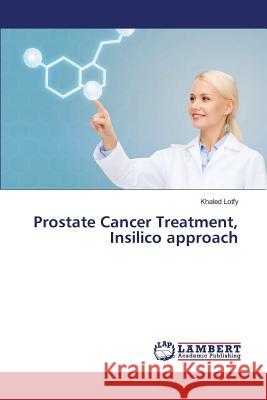Prostate Cancer Treatment, Insilico approach » książka
Prostate Cancer Treatment, Insilico approach
ISBN-13: 9783659823442 / Angielski / Miękka / 2016 / 120 str.
The work mainly concerns about computational molecular docking techniques, which can be used for the study of complexes between drug and biomacromolecule (protein). characterizations of such interactions lead to the understanding of the biological function of biomacromolecules and therapeutic effect of drugs, therefore, interest of many laboratories is focused on such study. In this work, I present application of molecular modeling, docking and ADMET techniques to screen potential of dimethylthiohydantoin derivatives as an androgen antagonist. Also, the compare between the title compounds and hydroxyflutamide in prostate cancer treatment has been achieved. The result shows that all the title compounds can possibly act as new leads for the treatment of prostate cancer as they possess androgen antagonist activity. These results may be used in future experiments to investigate the interactions of dimethylthiohydantoin derivatives with the androgen receptor, or may be used in vivo experiments to test their effects on the abilities of treatment of prostate cancer.
The work mainly concerns about computational molecular docking techniques, which can be used for the study of complexes between drug and biomacromolecule (protein). characterizations of such interactions lead to the understanding of the biological function of biomacromolecules and therapeutic effect of drugs, therefore, interest of many laboratories is focused on such study. In this work, I present application of molecular modeling, docking and ADMET techniques to screen potential of dimethylthiohydantoin derivatives as an androgen antagonist. Also, the compare between the title compounds and hydroxyflutamide in prostate cancer treatment has been achieved. The result shows that all the title compounds can possibly act as new leads for the treatment of prostate cancer as they possess androgen antagonist activity. These results may be used in future experiments to investigate the interactions of dimethylthiohydantoin derivatives with the androgen receptor, or may be used in vivo experiments to test their effects on the abilities of treatment of prostate cancer.











